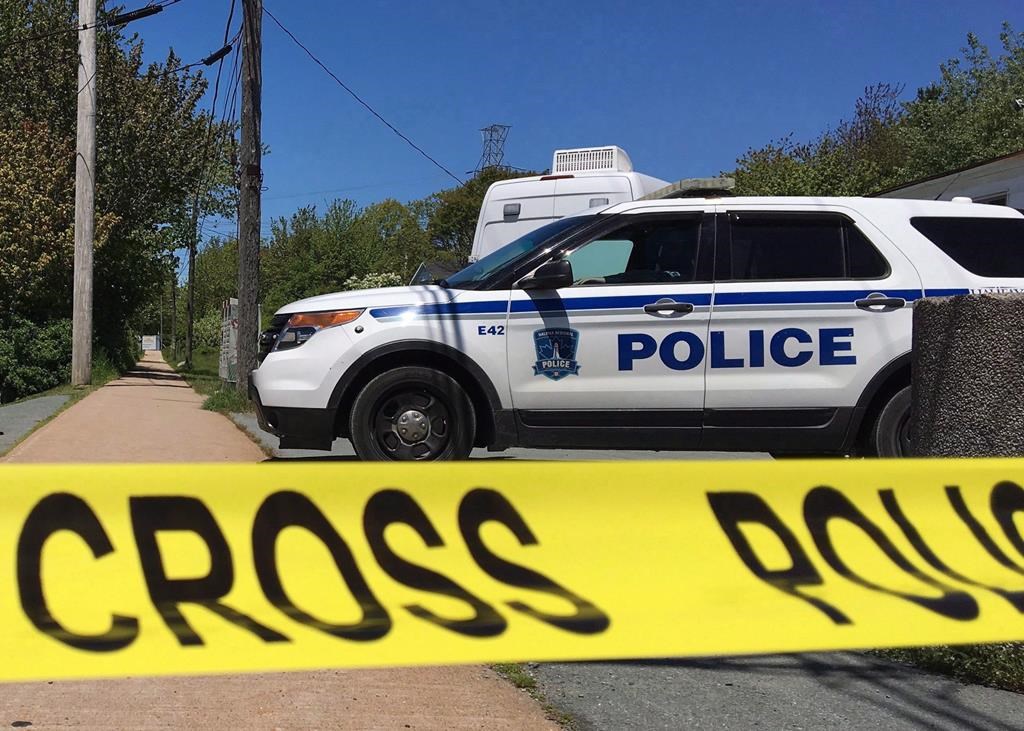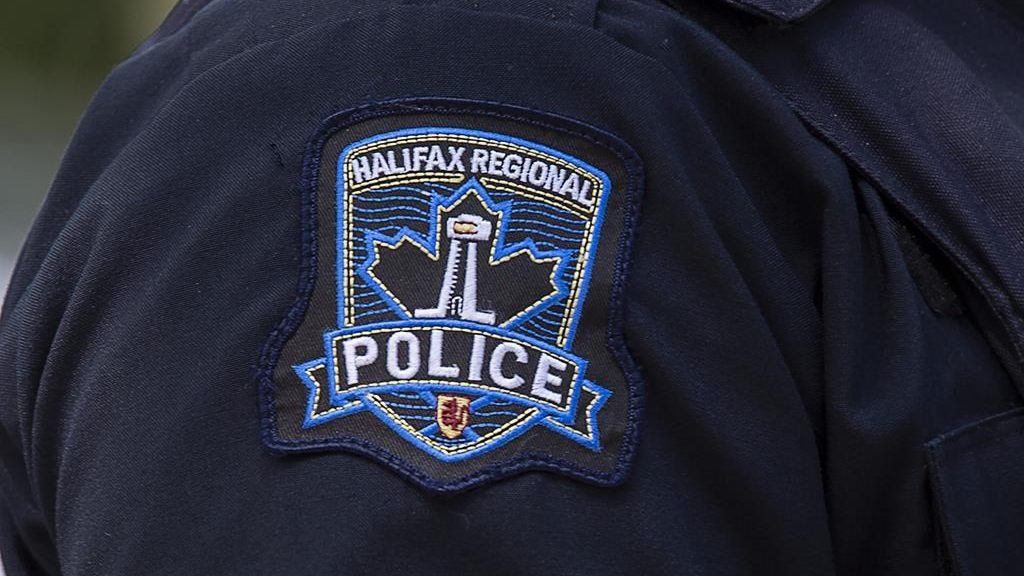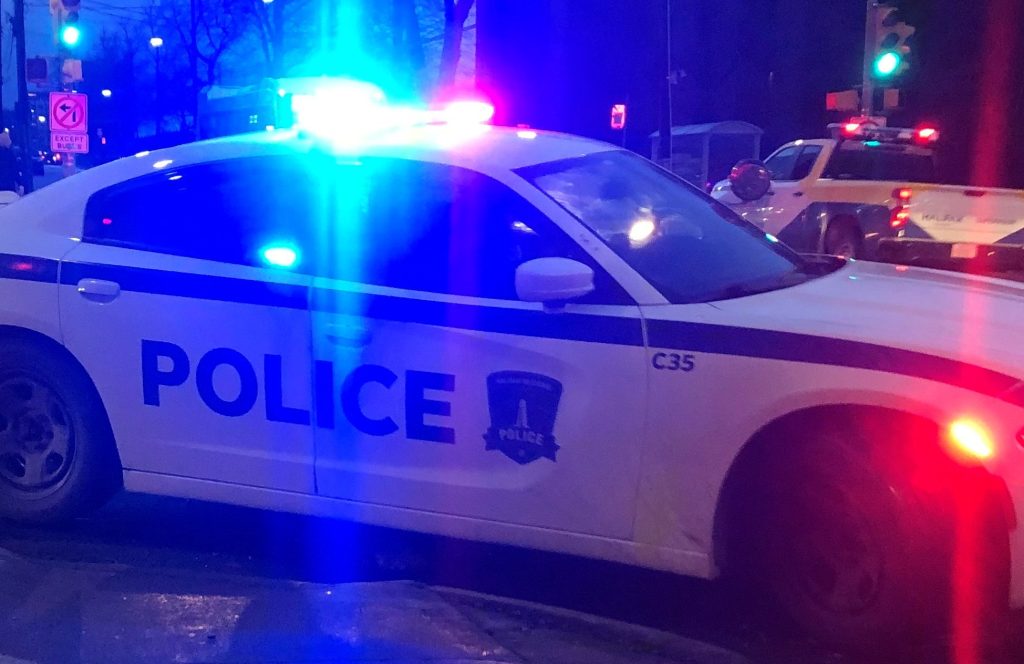Letter reveals N.L. struggled to borrow as COVID-19 crisis deepened
Posted Apr 1, 2020 07:53:08 PM.
ST. JOHN’S, N.L. — Newfoundland and Labrador’s premier released a letter on Wednesday saying the province struggled to borrow funds in recent weeks as the COVID-19 crisis deepened.
Dwight Ball told reporters that since the letter was sent less than two weeks ago, moves by the Bank of Canada to support provincial funding markets allowed the province to proceed with a move to borrow $2 billion.
However, the March 20 letter informed Prime Minister Justin Trudeau the province’s attempts to borrow had “been unsuccessful” due to collapsing sources of revenue in the offshore oil sector and declines in the province’s resource-based economy.
“Our province has run out of time,” the letter states. “Your attention is urgently required.”
Ball said Wednesday the province can now “meet payroll and continues to provide (government) services,” but he added that as the pandemic subsides there will be “an economic crisis” in Newfoundland and Labrador requiring federal support.
During the news conference, Ball also said the existing federal equalization program’s designation of Newfoundland and Labrador as a “have” province should be reconsidered.
In the letter, the premier said the combination of the pandemic, a massive January snowstorm that closed the province down, and the collapse of oil prices on the Newfoundland and Labrador economy “will be unprecedented.”
“Newfoundland and Labrador is a small, resource-based economy…. A global recession will lower demand for the province’s key exports of fish, oil, newsprint and minerals,” he added.
Meanwhile, oil prices have plummeted to historic lows and construction activity on the Muskrat Falls hydroelectric project and the Vale underground mine has been suspended.
The fishery, considered the backbone of rural employment in the province, faces an uncertain season as well.
“We will need support of the federal government,” said Ball. “We are unique compared to other provinces.”
In Nova Scotia, where the Liberal government recently tabled its fifth consecutive balanced budget, Premier Stephen McNeil said there was no doubt the small surplus on the books would be affected by the COVID-19 crisis.
McNeil said the province has been using as much available cash as it can to make investments to protect public health and various sectors of the economy.
“This is a moving target and revenue is being impacted across the province. We don’t know how long this will happen. So while we tried to build in capacity and flexibility, I would say this year all of that will be tested,” he said.
McNeil pointed out that the province was early in shutting down non-essential sectors of the economy such as restaurants and bars.
“We came into this with a healthier economy than most Canadian provinces. We are putting in place steps that allow our economy to take off whenever this over.”
As an example, McNeil said many of the province’s public tenders are already out and more would be “pushed out the door” in an attempt to keep the economy moving.
Meanwhile, Dr. Robert Strang, the province’s chief medical officer of health, said there were 26 new cases of COVID-19 bringing the Nova Scotia provincial total to 173 confirmed cases.
One of the new cases is a staff member at the Magnolia residential care home in Enfield, outside Halifax. That makes three staff members and two residents at the home who have tested positive.
Strang said one of the province’s cases has been linked to community spread of the virus and more are expected.
“This does make me nervous, I didn’t sleep well last night thinking about this,” said Strang.
In Newfoundland and Labrador, figures were released indicating 23 new cases of COVID-19, bringing the total to 175 — the second highest per capita caseload in Canada, after Quebec.
That was accompanied by news that 379 health workers are in self-isolation, meaning they’re unable to work during the crisis for up to two weeks. Ten of them have tested positive, according to the province.
In New Brunswick, there was also a sharp jump in positive tests, with 11 additional cases, raising the total to 81. There were no new cases in Prince Edward Island, leaving that province’s total at 21 cases.
— with files from Keith Doucette in Halifax and Kevin Bissett in Fredericton.
This report by The Canadian Press was first published April 1, 2020.
Holly McKenzie-Sutter and Michael Tutton, The Canadian Press










